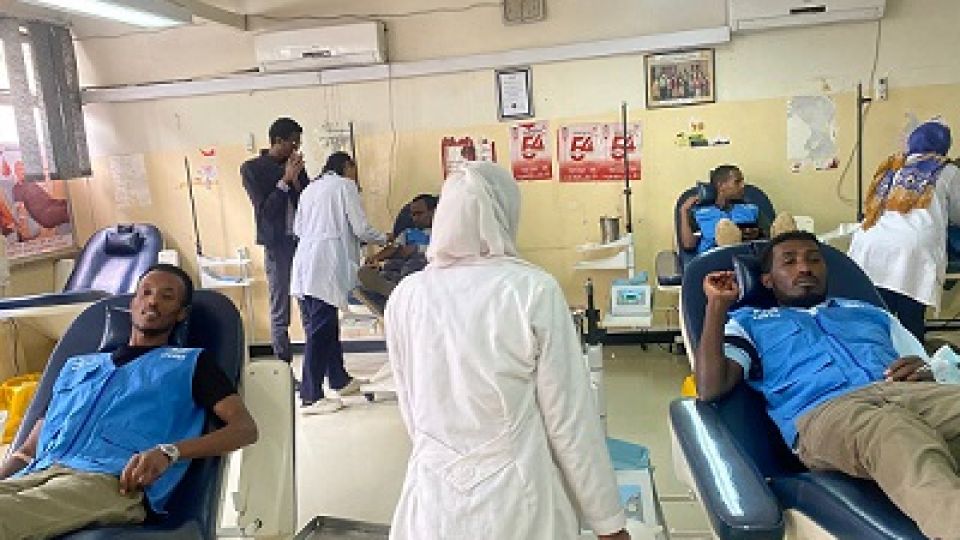rom ADANE BIKILA in Addis Ababa, Ethiopia
Ethiopia Bureau
ADDIS ABABA, (CAJ News) – THE ongoing violence in Ethiopia’s largest and most populous region of Oromia has taken a toll on critical infrastructure.
With health facilities and water systems seriously affected patients with life-threatening medical conditions cannot receive urgent care.
In Begi, a district of 100 000 people, nearly all 42 existing health posts have been looted or damaged.
In the Guduru Primary Hospital, which serves more than five districts, walls have been riddled with bullets, and its water tank damaged.
Beds, equipment, surgical sets, medicines and ambulances were looted.
This at a time when the number of patients had drastically increased as thousands of people who fled their homes arrived in this area.
“We have a shortage of emergency drugs. No operating room sets. We do not have beds,” lamented Dr Alemayehu Kiri, the hospital`s medical director.
“And now, there is also a shortage of water supply due to the damage to the water reservoir. The community pharmacy was also destroyed, and all the drugs and materials were taken,” Kiri said.
Hundreds of thousands of people in Oromia are affected by the current violence.
A majority require humanitarian assistance.
The situation could deteriorate as ongoing fighting limits aid access to many areas.
The Red Cross reports that needs are particularly significant in parts of Borena, Guji and the Wellegas.
The aid agency faces numerous challenges in addressing the enormous needs.
Some areas such as Balo, Bareda, Begi Bubul, Kombolsha and Kondole are inaccessible.
“We have had to make difficult choices, targeting places with little presence of other humanitarian actors,” said Julian Jaccard, the Red Cross head of sub-delegation in Nekemte.
“People in these areas have suffered immensely and for a long time,” Jaccard added.
Oromia has for decades been engulfed by ethnic conflict.
The region has an estimated population of over 35 million people.
– CAJ News

